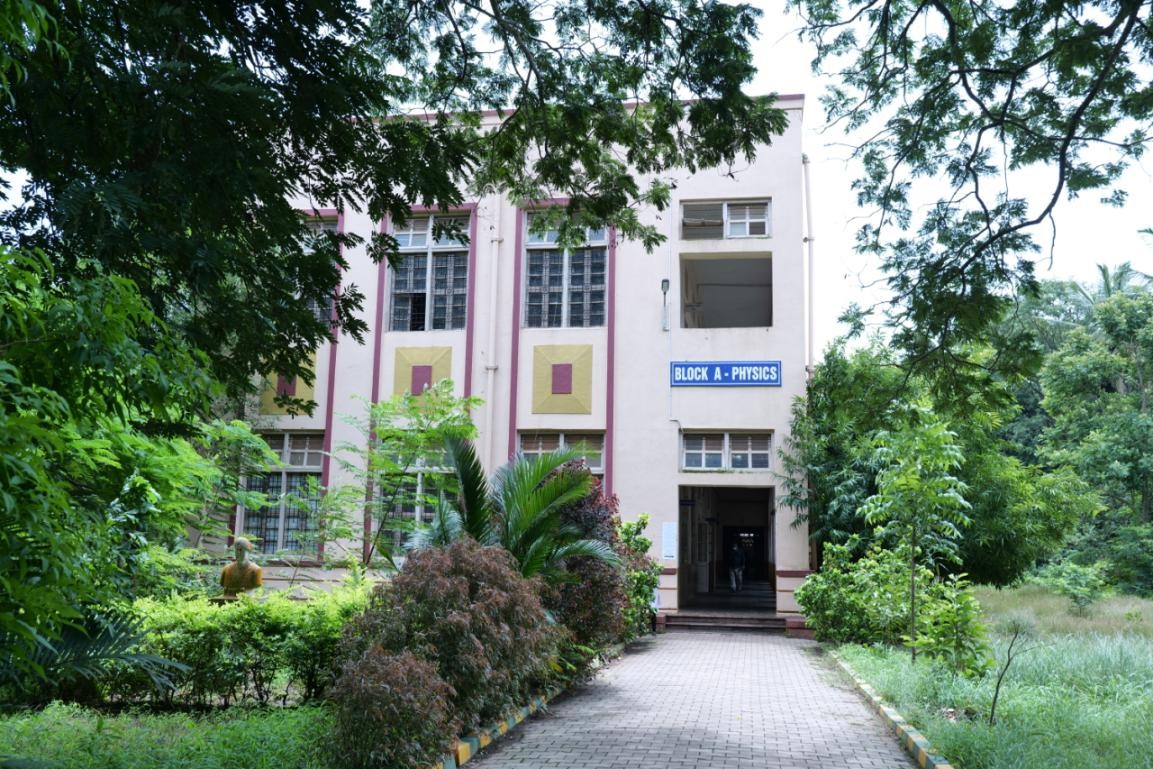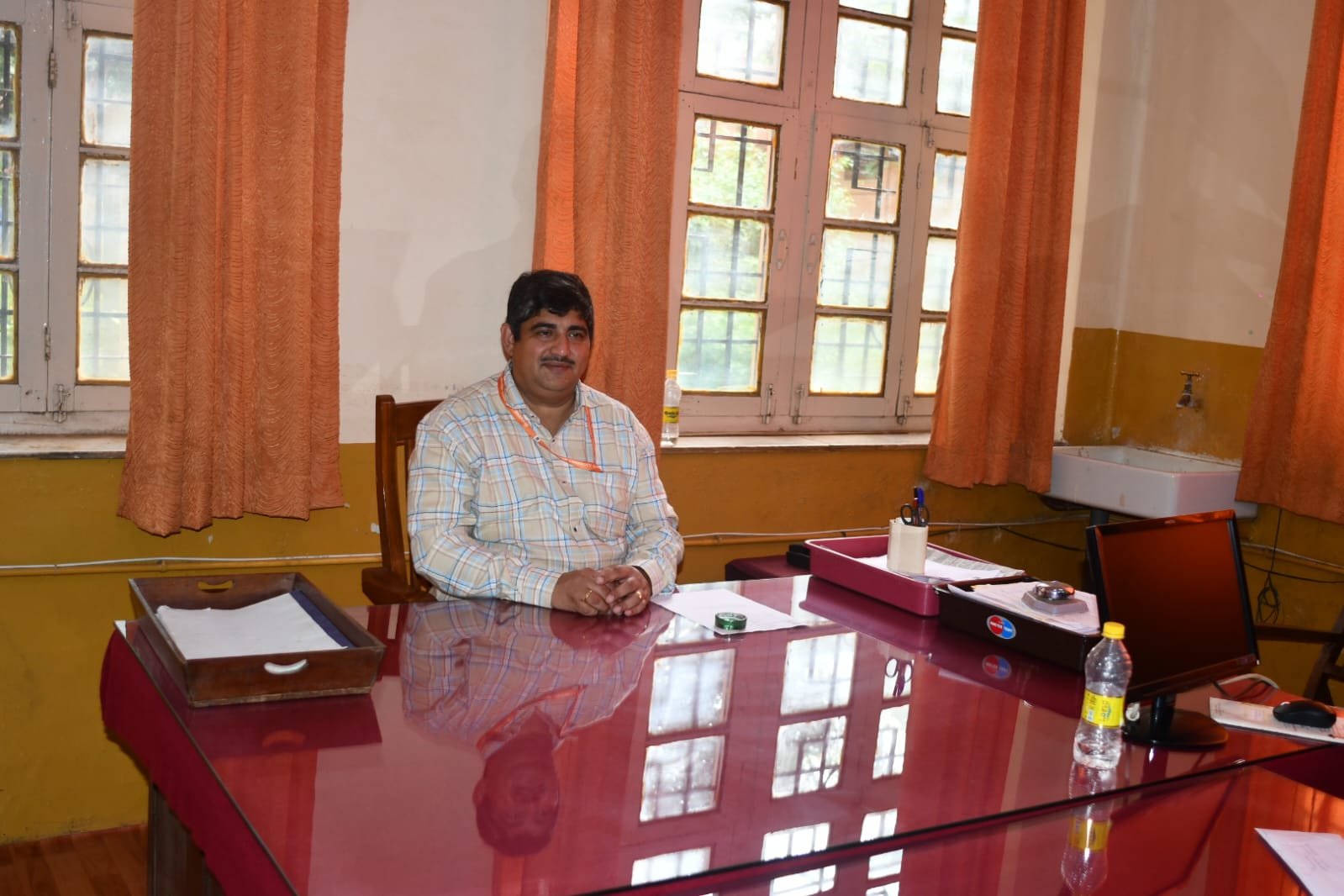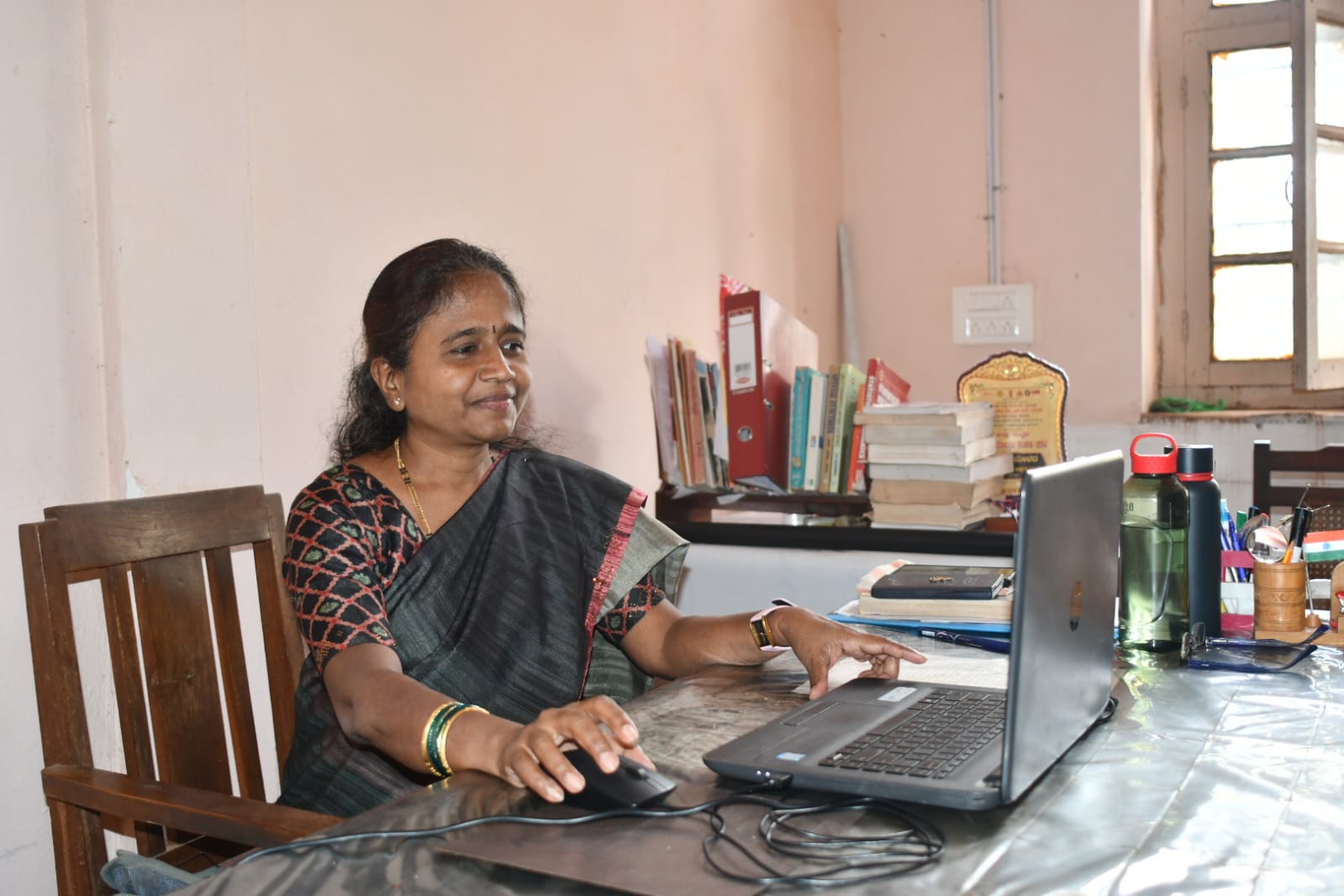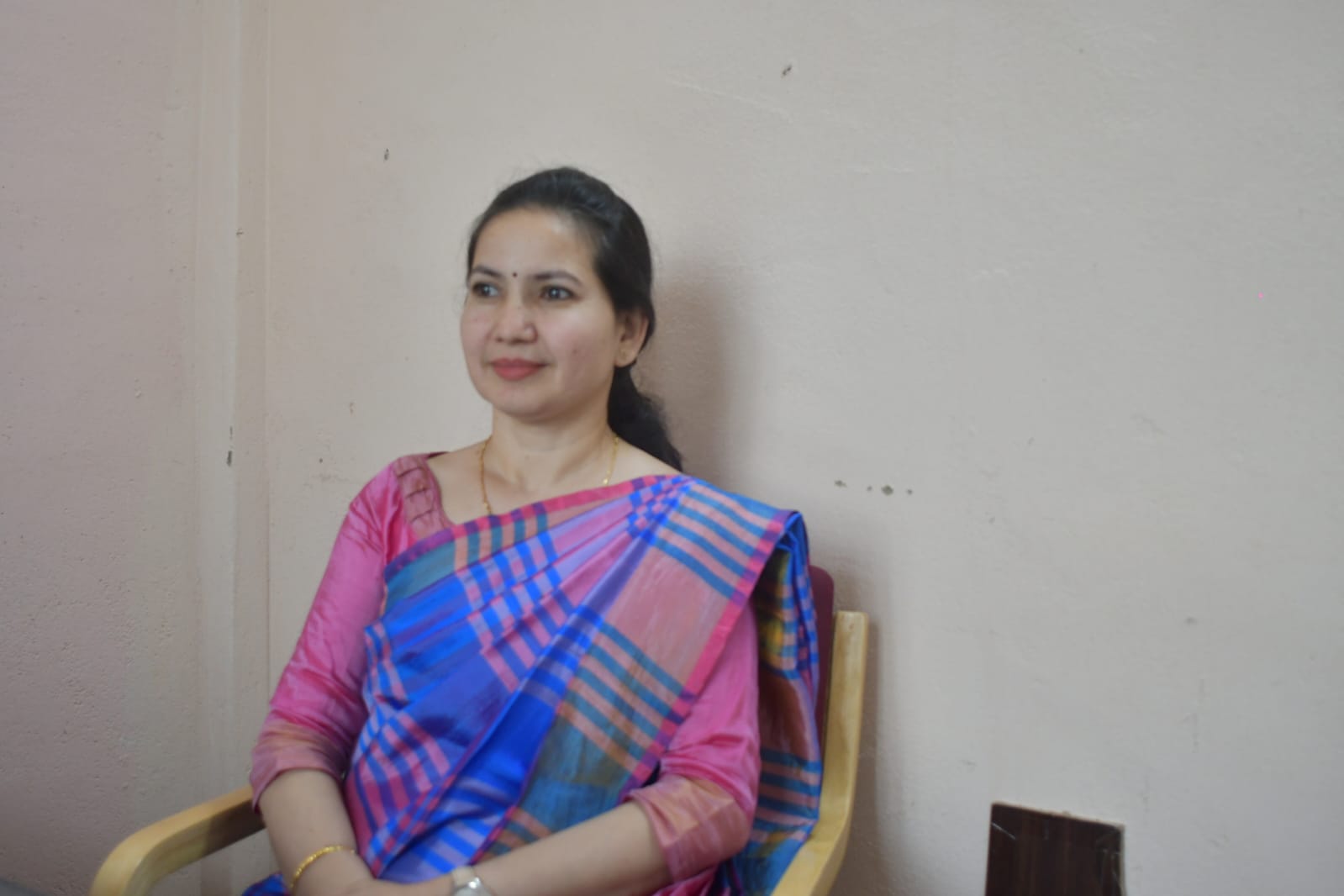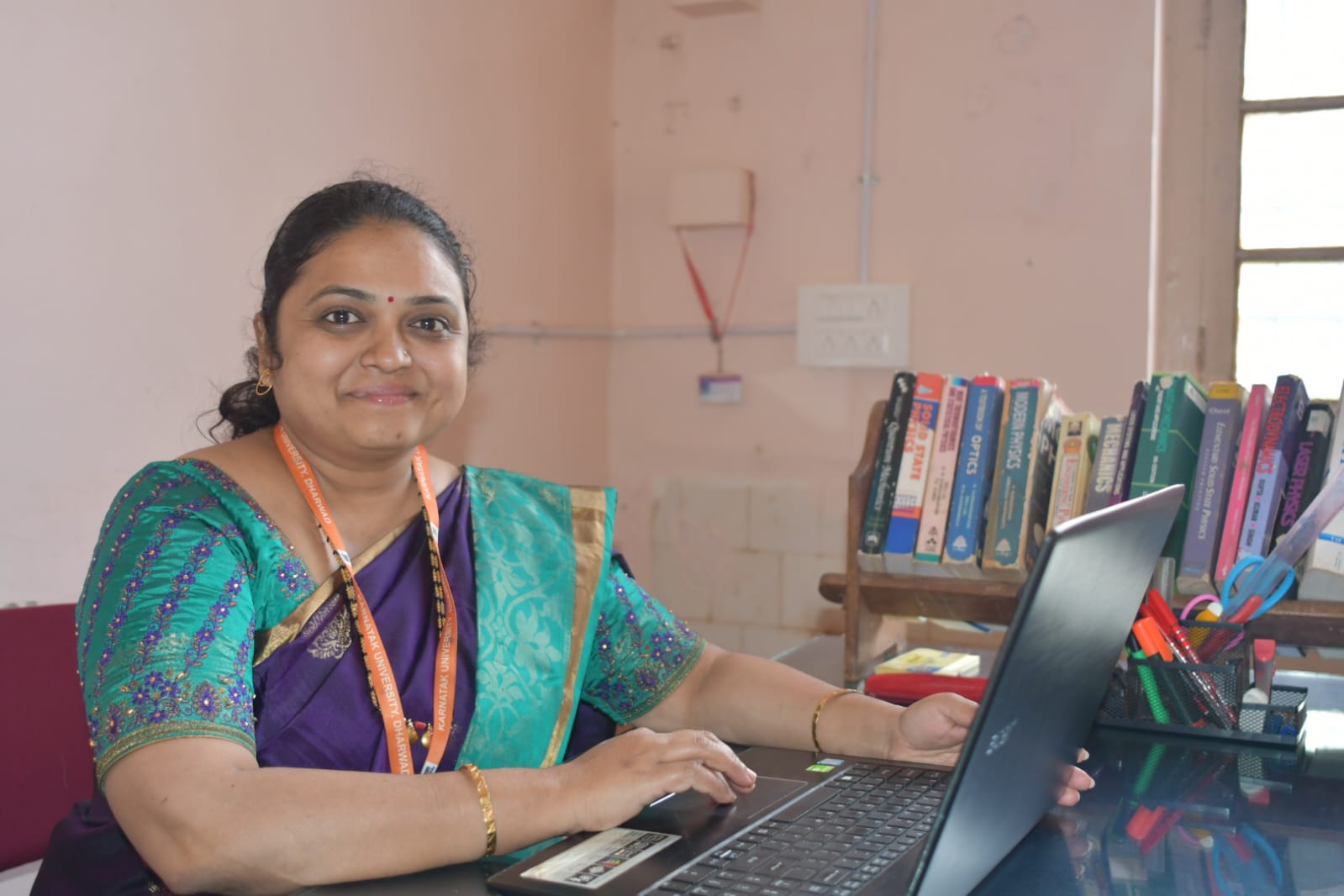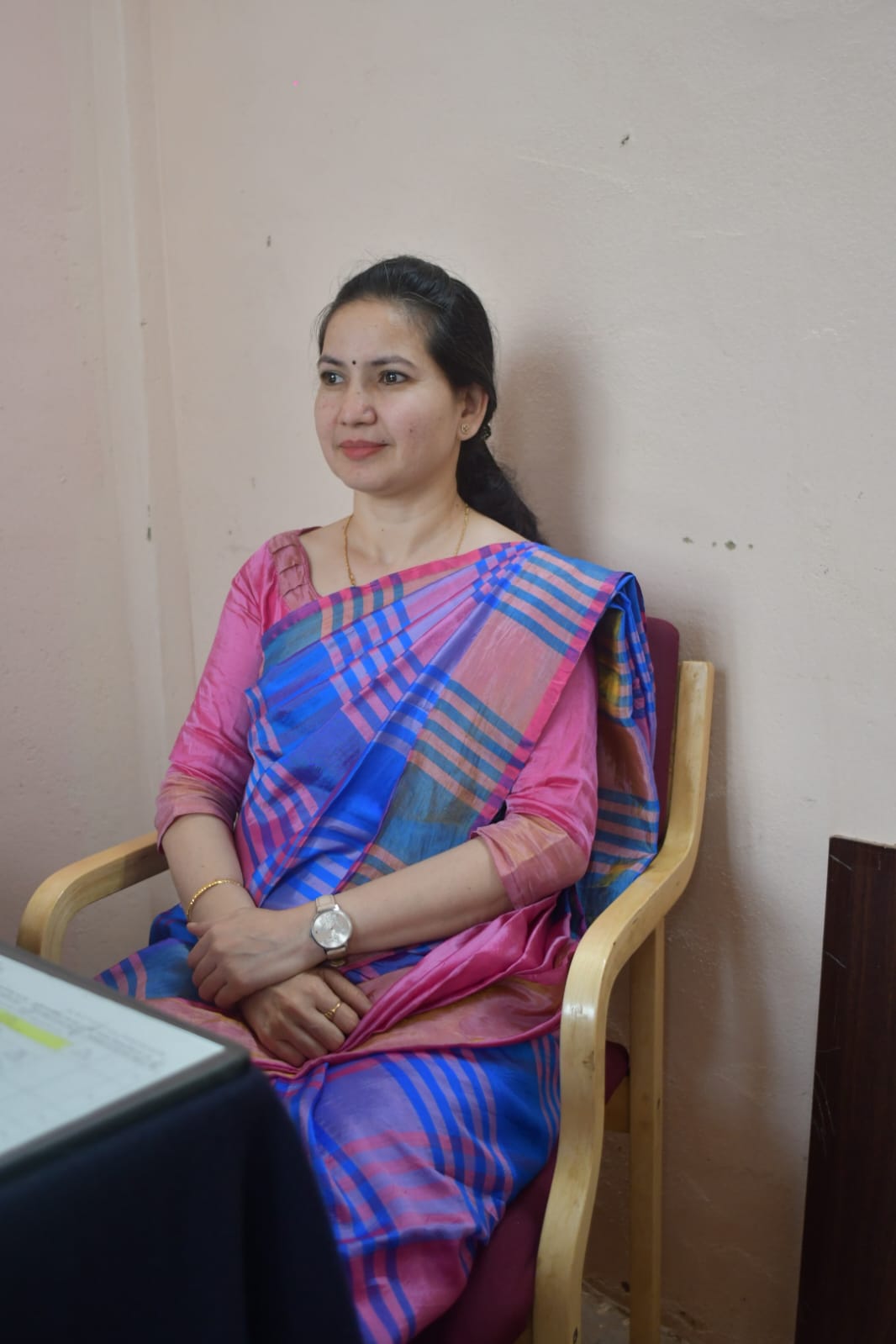Electronics is used in medical instrumentation like NMR, ECM, X-ray, Needle-Free Diabetes Care, Blood gas analyser, Medical glucose Monitor, Electronic Brain Wave Machine, Medical heart monitors, Infrared and Digital Thermometers, Defibrillator, Sphygmomanometer etc. Electronics has also applications in utility systems such as High voltage DC Transmission, VAR compensation, Static circuit breakers, Solar, wind power management system, Smart grid system. .
Electronic devices and gadgets are widely used for the commercial purpose such as Telephone, Air conditioning, heating, Digital Advertising, power supplies, Personal computer, MP3s, office equipment, light dimmer, uninterruptible power supplies (UPS) etc. Electronics is now part of our everyday life, from the mobile phones to televisions, computers and even the high-end advanced satellites that are helping us to lead a smooth life. Ever since the evolution of technology, Electronics has become an essential discipline which is required by all the industries. Hence, Electronics is one of the most sought after branches by students.
Electronics Division was started in the Department of Physics in the year 1994. UG students with PME combination are trained by NET/SET qualified teachers. This division has all the necessary infrastructure and instruments such as Microprocessor training kits, Fibre optic communication training kit, Computers, Arduino training kits to train the students as per new National Education Policy 2020..
Students learn Communication Electronics, basic principles of digital communication systems, basics of information theory using Fourier transforms and the sampling theorem and experiments using MATLAB, which would be beneficial particularly to students who are interested in doing research in the fields related to communications, networks and signal processing. Students also learn the technology of fiber optical communication system, a balanced discussion between component operation and system design consideration, performance parameters and fabrication problems, lasers, LED modulation and detector responses. This course will cater the needs of the students to develop the knowledge and skills in the field of electronics. .
.



